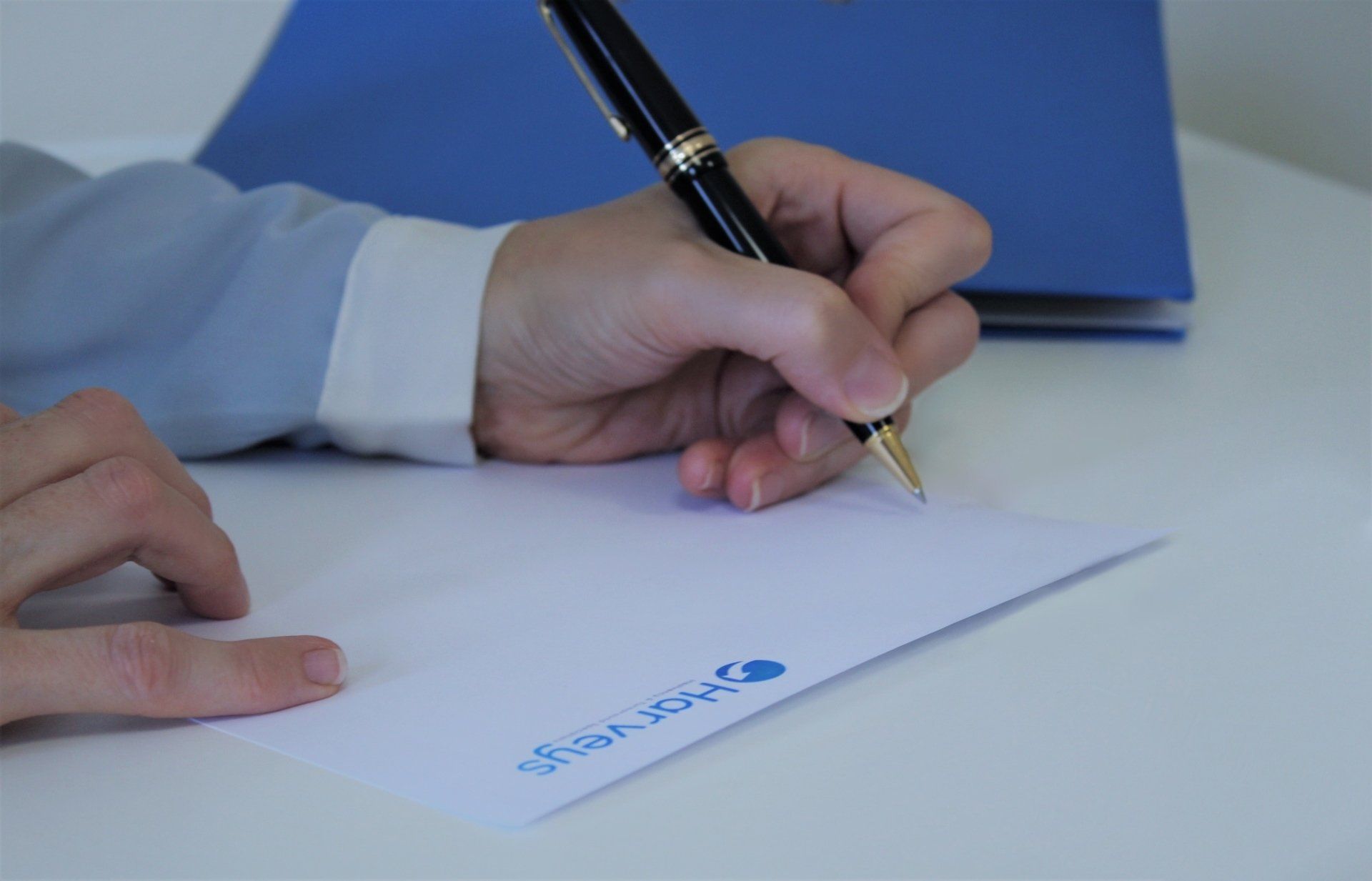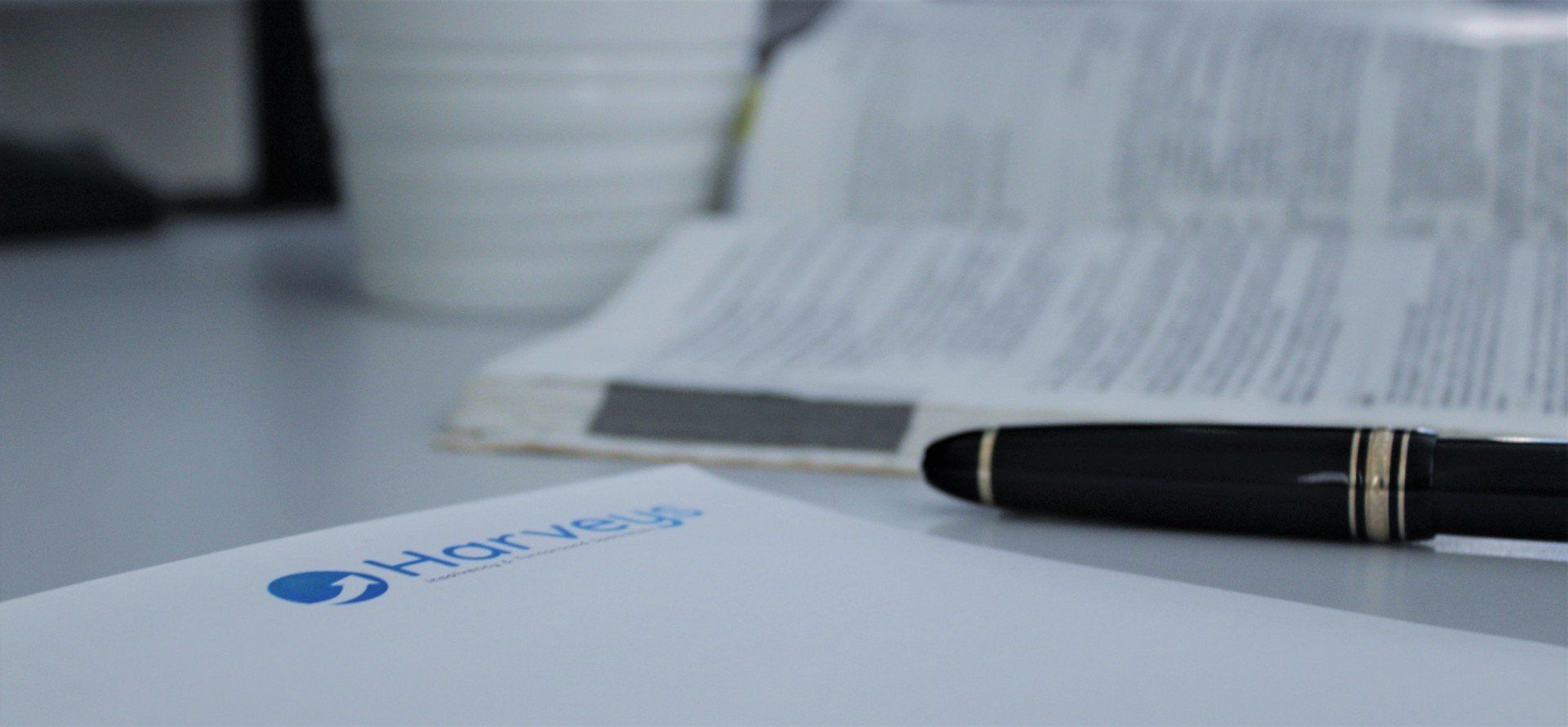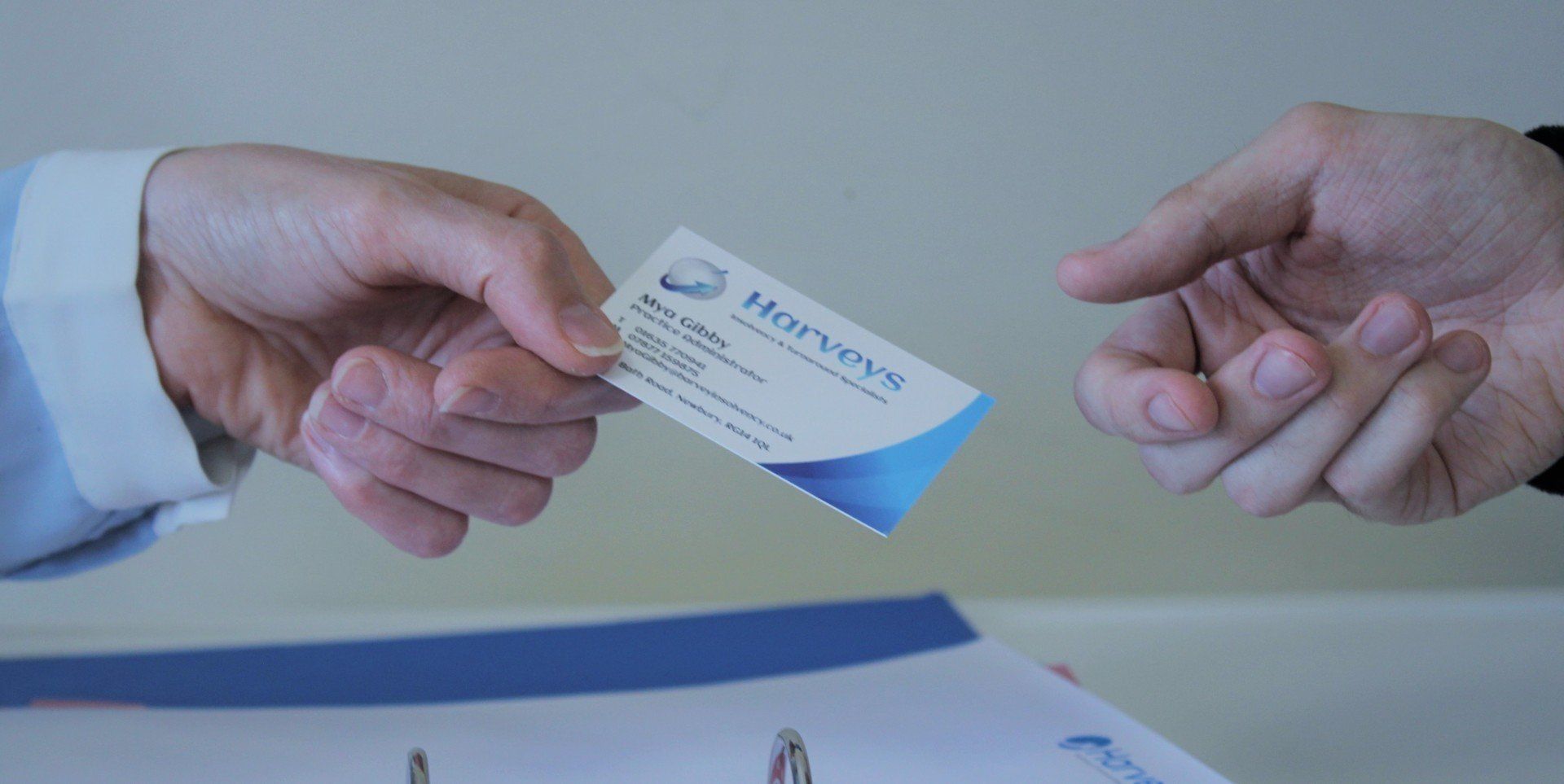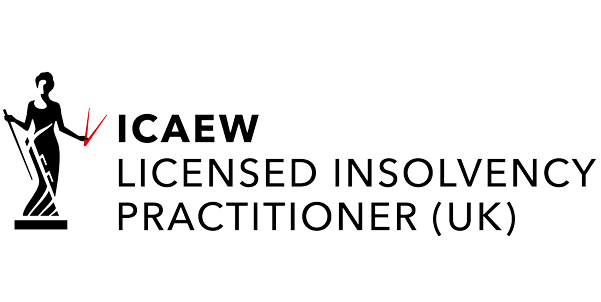This is a subtitle for your new post

Reintroduction of UK Crown Preference from 1 December 2020
Since the Enterprise Act 2002 abolished what was known as Crown Preference in the UK, tax claims have ranked as ordinary unsecured debts on insolvency.
In the October 2018 budget it was announced that certain tax debts would be moved back up the insolvency hierarchy to rank as secondary preferential debts. These debts would rank after employees' preferential claims but, importantly, before claims of floating charge holders.
In the March 2020 budget it was announced that these changes, which were originally scheduled to commence from 6 April 2020, would instead take effect from 1 December 2020. Legislation to effect the changes was then included in the Finance Act 2020, and subsequent supporting regulations.
The impact of these changes on domestic and foreign lenders from 1 December 2020 onwards could be dramatic, especially as the change will come into effect at a time of damaged balance sheets and reduced liquidity as a result of the Covid-19 pandemic, and where significant tax arrears are likely to have built up as a result of the various payment deferrals granted by the government to help alleviate financial distress.
What is the current position?
Since 2003, HMRC (the UK tax authority) has been an unsecured creditor in respect of all taxes owed to it on any basis, unless it has separately taken security in individual cases, which is quite rare.
The quid pro quo when tax debts lost their preferential status in 2003 was that the windfall to floating charge holders would be offset by the introduction of the prescribed part. The prescribed part is, simply put, a percentage of floating charge realisations (currently up to a maximum of GBP800,000 in respect of floating charges granted on or after 6 April 2020 or GBP600,000 in respect of those granted earlier) that is set aside and made available to unsecured creditors in priority to floating charge holders.
As a result, other than HMRC’s entitlement to a share in the prescribed part, the holder of any class of charge (whether fixed or floating) currently ranks in priority to HMRC in respect of their pre-existing claims against an insolvent company.
What is changing?
For insolvencies commencing on or after 1 December 2020 secondary preferential status will be granted to any money owed to HMRC relating to certain types of tax which a company has collected on behalf of others. The relevant types are currently VAT, PAYE, employee national insurance contributions, construction industry scheme deductions and student loan repayments. Others can be added by regulation. HMRC’s claim for these taxes will rank in priority to floating charge holders and unsecured creditors but not to ordinary preferential creditors, which include employees in respect of accrued unpaid wages (up to a cap) and holiday pay. Other tax debts which a company owes to HMRC on its own account, such as corporation tax, will still rank as ordinary unsecured claims.
Importantly, the application of the legislation depends on the date on which the insolvency proceeding commences. Neither the date the tax debts were accrued nor the date of the floating charge are taken into account. There is provision for regulations to be made limiting the amounts which will be given preferential status to those referable to a particular period, but no such regulations have yet been made. This means that existing tax debts going back a number of years would be elevated to preferential status, regardless of whether there is a floating charge which pre-dates the debts and/or was entered into before the legislative changes took effect or were even announced. The potential floating charge realisations from existing lending may therefore be affected.
The changes were originally proposed to apply to insolvencies in England, Wales and Scotland only, but at the 2020 budget it was announced that they would also extend to Northern Ireland.
Lenders will also need to be mindful of a parallel legislative change, initially announced in the government’s response to its consultation on Insolvency and Corporate Governance, published on 26 August 2018 and subsequently taking effect on 6 April 2020, whereby the cap on the prescribed part was increased from GBP600,000 to GBP800,000 in respect of floating charges granted on or after 6 April 2020, further reducing recoveries under the floating charge and therefore the value of this security.
Why?
HMRC has stated that the change is intended to protect public funds and, based on its analysis, ensure that there is an estimated GBP185 million increase in taxes reaching the government. However, the proposals have been subject to criticism since they were put forward in the 2018 budget. Notwithstanding such objections, the government has moved forwards with the original proposal.
Who will be affected?
Floating charge holders and unsecured creditors will essentially foot the bill for these taxes, because the prior ranking of HMRC's claim will dilute the realisations available to pay their claims. However, HMRC's claim will still rank behind lenders in respect of their fixed charge realisations and expenses of the administration/liquidation, which will include the fees of the insolvency office holder.








